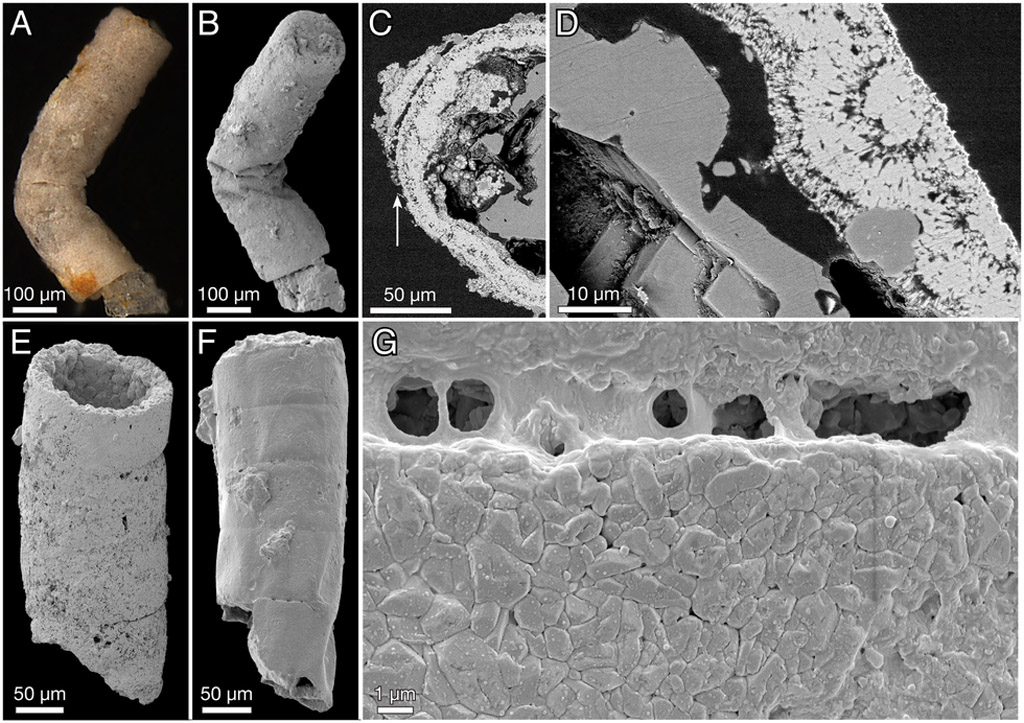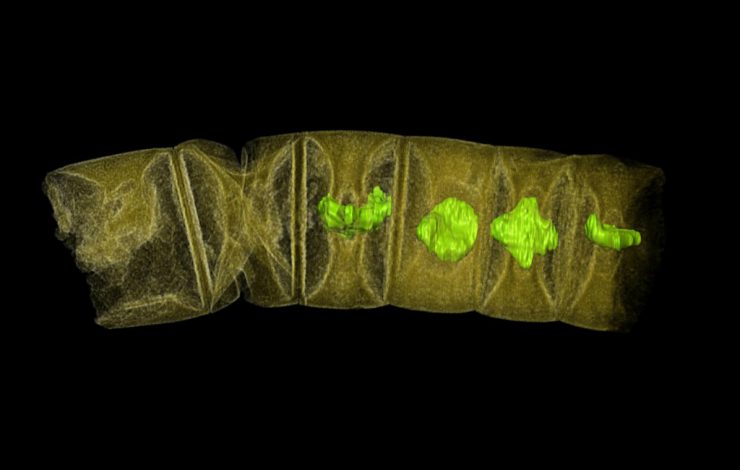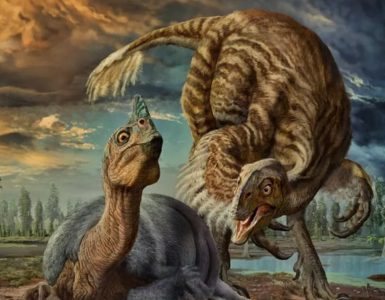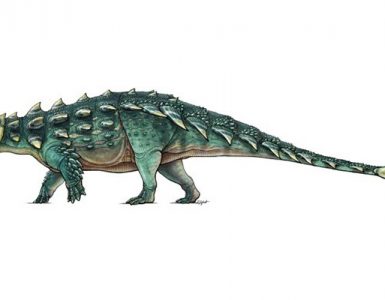Some 1.6 billion years old fossils have been unearthed in India, and scientists believe this may represent the remains of the earliest known plants. This discovery could change the timeline of when major lineages in the tree of life first came into being.
The fossils are those of two types of red algae; they lived in shallow water alongside bacteria. The scientists were able to identify parts of chloroplasts in the fossils. Before this discovery was made, the earliest known plants were thought to be 1.2 billion years old. Those fossils also represented red algae and were found in Canada.

This discovery could be crucial in understanding the phenomenon of photosynthesis better. It could also be a point strongly supporting the idea that the branch of life that ultimately lead to humans came into being quite early on in earth’s history. The scientists found two kinds of fossils; one is described as threadlike and the other bulbous. They are 400 million years older than the Canadian fossils.
Unfortunately no DNA remains, so it is almost impossible to establish anything at this moment, but discovery of more fossil of a similar age will strengthen the case considerably. study lead author Stefan Bengtson, a paleozoologist at the Swedish Museum of Natural History admits, “We can’t be 100 percent sure that these things are actually red algae because these cell arrangements and cell structures may sometimes occur in different kinds of groups because they independently evolved them or because they inherited them from the same common ancestor.”





















